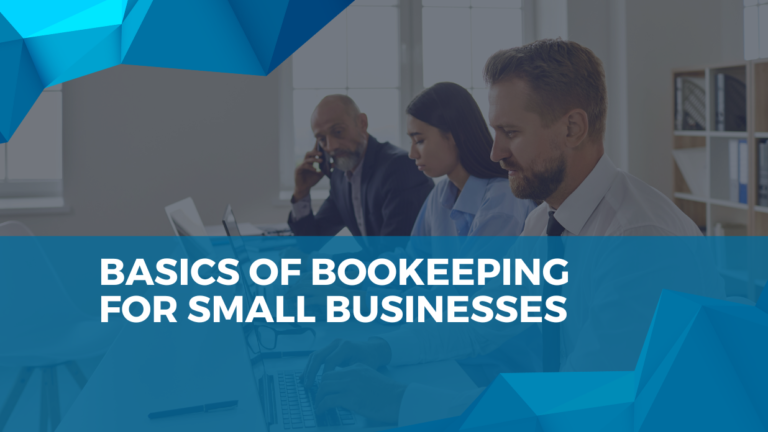Tax season shouldn’t be a time of stress and last-minute scrambling. With significant changes announced in the 2024 Autumn Budget and shifting compliance requirements, getting ahead of your tax obligations is more important than ever. Here’s your comprehensive guide to navigating this tax season successfully.
Getting Your House in Order
The foundation of a smooth tax season is organisation. Start by:
Gathering Your Financial Records
- Business income and sales records
- Bank statements and credit card records
- Expense receipts and purchase invoices
- Investment income documentation
- Previous year’s tax returns for reference
If you’re finding it challenging to keep track of everything, learning to unlock the power of cloud accounting software can streamline your record-keeping for next year.
Understanding What’s New for 2024-25
The Autumn Budget introduced several important changes that might affect your tax planning:
For Business Owners
- Corporation tax rates remain capped at 25%
- The Small Profits Rate stays at 19% for profits under £50,000
- Full expensing for capital investments is now permanent
- New measures target tax avoidance and evasion
For a deeper dive into business taxation, our guide to understanding corporation tax in the UK breaks down these changes and what they mean for you.
For Employers
- Employer National Insurance contributions increasing to 15%
- Employment Allowance rising to £10,500
- Changes to the Secondary Threshold for employer NICs
- New reporting requirements for benefits in kind
If you’re managing payroll, understanding the pros and cons of payroll management: in-house vs outsourcing can help you make informed decisions.
For Individual Taxpayers
- Working age benefits uprating by 1.7% from April 2025
- Capital Gains Tax rates increasing
- Changes to inheritance tax rules
- Reform of the non-dom tax regime
Maximising Your Tax Efficiency
Claim All Available Reliefs
Review potential claims for:
- Capital allowances on business equipment
- Research and Development tax credits
- Employment allowances
- Investment reliefs
For small business owners, our guide to essential bookkeeping tips for small businesses offers practical advice on managing expenses and allowances.
Plan Your Timing
Strategic timing of income and expenses can make a significant difference. Consider exploring the benefits of outsourcing accounting and bookkeeping services to ensure you’re maximizing all available opportunities.
Getting Your Tax Returns Right
Avoid Common Pitfalls
- Missing submission deadlines
- Incomplete records
- Incorrect calculations
- Overlooking available reliefs
- Mixing personal and business expenses
For VAT-registered businesses, our complete guide to filing your VAT return helps you navigate this additional compliance requirement.
Professional Support
When to Seek Help
Consider professional support if you:
- Have complex tax affairs
- Run multiple businesses
- Deal with international income
- Face significant changes in your financial situation
Learn how to unlock growth through outsourcing for more efficient tax management and business growth.
Individual Taxpayer Considerations
If you’re managing personal tax affairs alongside business obligations, our guide to master the art of tax filing for individual taxpayers provides valuable insights.
Digital Tax Management
Embracing Technology
HMRC is increasingly moving towards digital tax administration. Stay ahead by:
- Using approved accounting software
- Maintaining digital records
- Understanding Making Tax Digital requirements
- Setting up online tax accounts
Planning Ahead
Building Better Habits
- Set up a systematic filing system
- Schedule regular financial reviews
- Keep business and personal finances separate
- Maintain real-time records rather than leaving everything until year-end
For businesses with employees, understanding mastering payroll outsourcing in the UK can help reduce tax-time stress while ensuring compliance.
Key Deadlines to Remember
Critical Dates for 2024-25
- Self Assessment deadline: 31 January 2025
- Corporation Tax payment deadline: 9 months and 1 day after your accounting period ends
- VAT returns: Usually quarterly, one month and seven days after each period ends
- PAYE: Monthly by the 22nd (electronic payments)
Expert Support When You Need It
Remember, tax compliance isn’t just about meeting deadlines – it’s about ensuring you’re managing your finances efficiently while staying within the law. If you’re feeling overwhelmed or unsure about any aspect of your tax obligations, seeking professional advice early can save both money and stress in the long run.
Contact us to discuss how we can help you navigate this tax season successfully and plan effectively for the future.
By following this guide and staying organized throughout the year, you can transform tax season from a stressful scramble into a straightforward process. Remember that good tax management is year-round, not just a once-a-year event.

Accounting expert with 14+ years in tax, compliance and financial management. Simplifies solutions for business growth.






[…] to recording, calculating, and reporting. Your system should seamlessly integrate with your broader tax planning strategy, ensuring you’re always prepared for deadlines and have accurate records readily […]